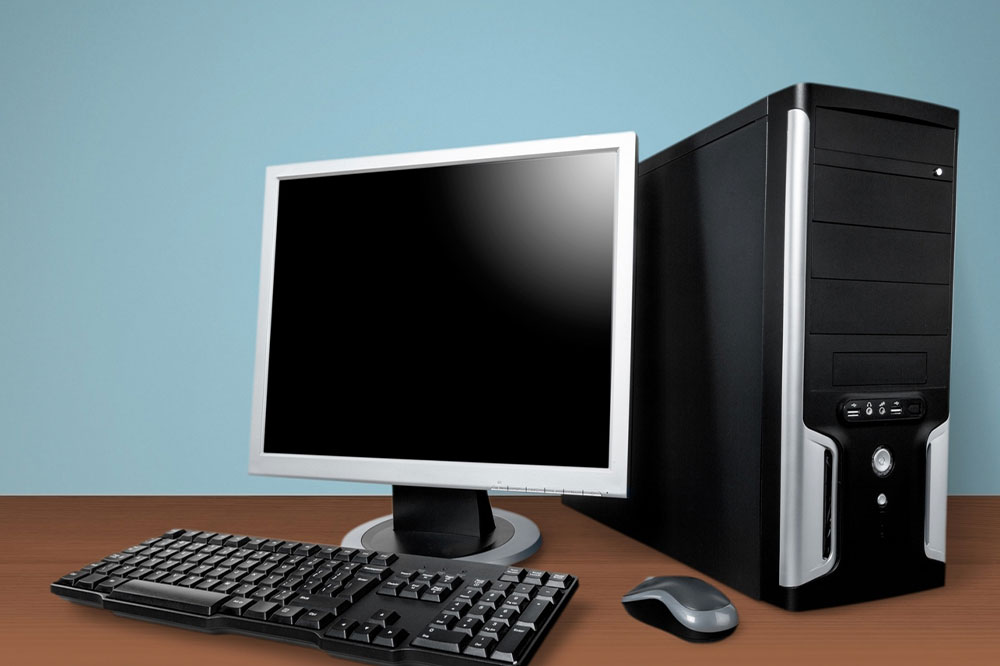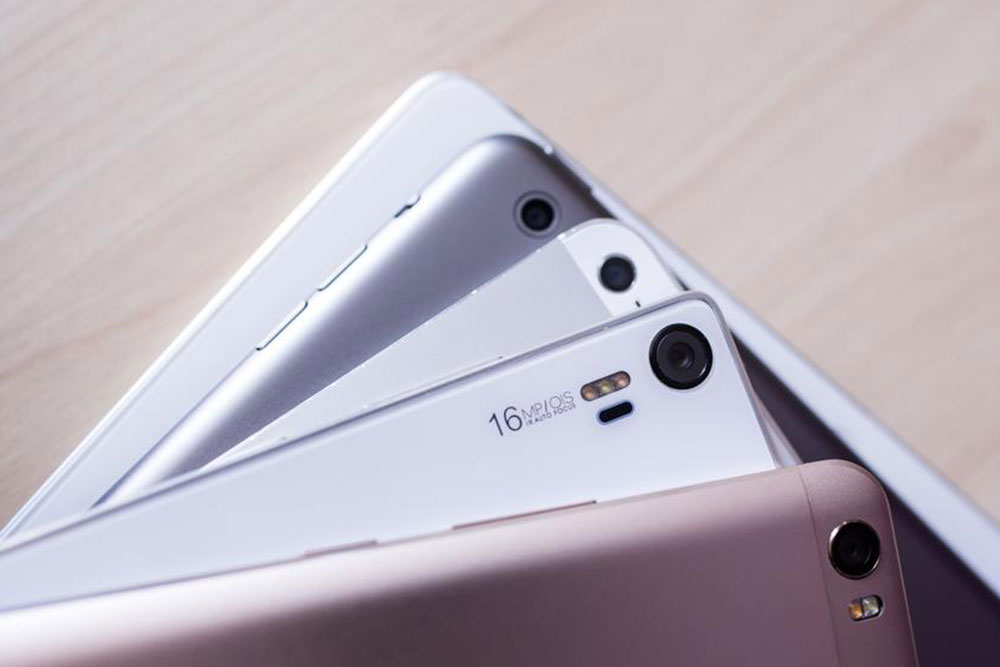The Role of Computing and Electronic Devices: Significance, Evolution, and Career Paths
Explore the importance, history, types, and career prospects in the field of computers and electronics. Understand how these technologies shape our daily lives and industries, from their beginnings with pioneers like Charles Babbage to modern supercomputers. Discover the diverse career opportunities available in this ever-evolving sector and how electronic devices continue to influence our future.
Sponsored

Electronic gadgets and computers have become fundamental to modern society. They support activities such as education, communication, entertainment, and healthcare. Despite their widespread use, many are unaware of their history, varieties, and applications across various industries outside personal use. Explore the origins of computers, different types, and the career opportunities in this dynamic sector.
Why Computers and Electronics Matter
Our daily lives depend heavily on electronic devices. Phones, vehicles, televisions, cameras, gaming consoles, laptops, and health monitoring tools are integral to our routines, making life easier and more efficient. Imagine completing transactions or managing health diagnostics without technology—impossible today. These innovations have advanced engineering, enabling new solutions to complex problems and pushing humanity forward.
Electronics, as a branch of engineering, have played a pivotal role in technological progress. Using electronic components, computers process data to generate meaningful results. They rely on electricity, classifying them as electronic devices.
The Inception of Computing Technology
Computers are now commonplace, yet they were once innovative concepts. Charles Babbage, an English mathematician, envisioned the first mechanical computer around 1812. His colleague, Ada Lovelace, contributed by developing algorithms that are considered the earliest computer programs. Although Babbage never built a complete machine, his ideas earned him the title "Father of Computing".
Categories of Electronic Computers
Initially, analog computers were used, but today digital computers dominate. These systems perform a wide array of computational functions using electronic technology to process and store data. The main types include:
Microcomputers — Compact, affordable devices that include smartphones, digital watches, home appliances, and laptops. They consist of a microprocessor, memory, and input/output modules on a circuit board.
Minicomputers — Slightly larger than microcomputers, suitable for tasks requiring multitasking, often used in industrial settings.
Mainframe Computers — Robust systems employed by large organizations to handle vast data processing tasks efficiently, interconnected through centralized servers.
Supercomputers — The most powerful, capable of performing millions of operations per second, essential for complex computations like weather forecasting, scientific simulations, and nuclear research.
Careers in Computing and Electronics
Given their importance, these fields offer abundant career opportunities. Working in electronics often involves technical roles, designing, testing, or maintaining advanced devices. The industry covers roles such as technician, engineer, and developer across various sectors like healthcare, manufacturing, and research. Many reputable companies offer competitive salaries, making it an attractive career choice for enthusiasts interested in technology and innovation.






